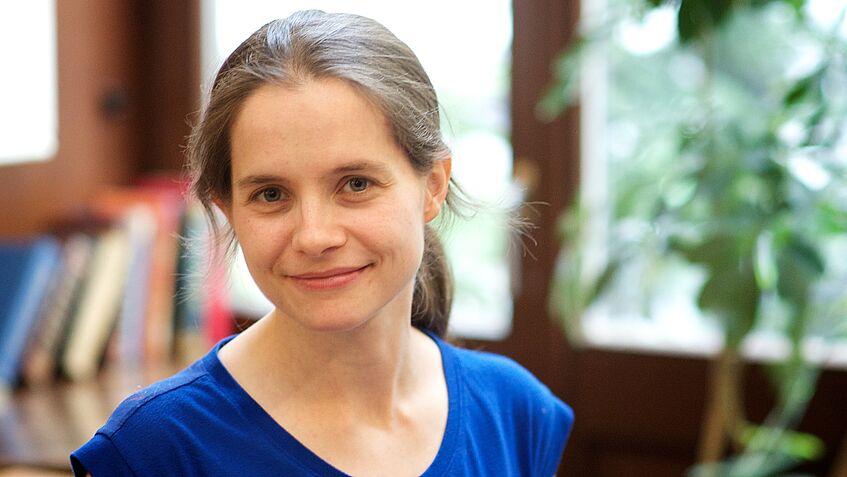From mobile privatisation to private mobilisation

From mobile privatisation to private mobilisation
The US streaming provider Netflix as cultural form
Department of English and American Studies, University of Vienna
Betreuerin: ao.Univ.Prof.Dr. Monika Seidl
The project analyses, conceptualizes and problematizes forms of mobilisation in context of the streaming service Netflix at the intersections of cultural studies, media and communication studies and critical mobility studies.
This means to connect a spatio-temporal understanding of mobilisation, that refers to a more mobile, flexible and globally operating form of television, to a socio-political and economic understanding of mobilisation, that becomes apparent through making diversity and inclusion a crucial selling point in Netflix’ branding, entrepreneurial, and creative strategies. I will focus on the respective anglophone media discourse and perception of these promotional efforts since Netflix’ global roll out in 2016, with a special focus on the role of Netflix Original productions across different genres, like Dear White People, The 13th, GLOW, and Roma. This will also foreground affective and embodied forms of mobilisation and how these happen in (infra)structures that also seek to mobilise resources, be it monetary, data or symbolic for circulation and growth.
In theoretical terms, I will analyse Netflix through Raymond William's notion of mobile privatisation, first coined in Television. Technology and Cultural Form (1974) and later revisited in various political writings. My reframing into private mobilisation combines and updates different ramifications of Williams’ original notion, like those that have led to analysing forms of domestication, and those that address dynamics of neoliberalism.
I will argue, for example, that Netflix (re)domesticates forms of mobilisation, thus normalizing how the private can be transformed into a valuable resource that can be put in motion. I will have a closer look how private mobilisation can therefore present a productive lense to analyse a seemingly egalitarian, emancipatory and visionary promise of Netflix. How does it relate to a narrative of participatory culture of web 2.0., and thereby opens up a democratic resignification of the private? How does it relate to discourses of surveillance, and contemporary neoliberal culture? How central are digital storytelling, celebrity culture and affective politics not just as branding strategies but as means of becoming collective and visible? An intersectional perspective will critically engage with Williams’ conceptual repertoire of mobile privatisation, flow and structure of feelings to understand how making and becoming mobile may matter differently.
